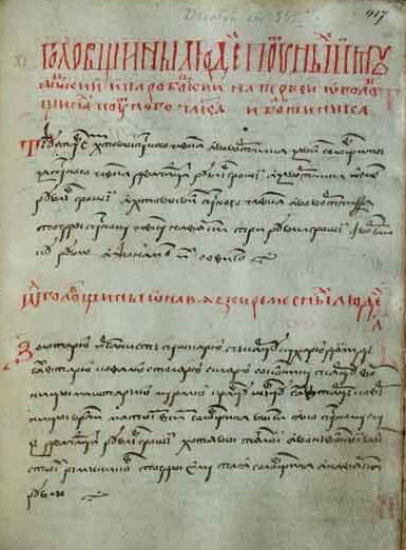Lithuanian-Ruthenian law
Lithuanian-Ruthenian law [Литовсько-Руське право; Lytovsko-Ruske pravo]. The system of law of the Lithuanian-Ruthenian state or, more precisely, the Grand Duchy of Lithuania, which from the 14th to the 18th century included Lithuania, Belarus, and most of Ukraine (to the Union of Lublin in 1569). The Lithuanian-Ruthenian law was initially based on Ruskaia Pravda and later on the Lithuanian Statute as well as Lithuanian, Ukrainian, and Belarusian customary law. The systematic study of Lithuanian-Ruthenian law began in the first half of the 19th century. Polish historians considered it a local variant of Polish law, and Russian historians usually referred to it as ‘western Russian’ law and treated it as part of Russian law. Eventually, it was studied by Lithuanian, Belarusian, and Ukrainian historians and legal scholars, who accepted it as part of the legal history of all three nations.
[This article originally appeared in the Encyclopedia of Ukraine, vol. 3 (1993).]
